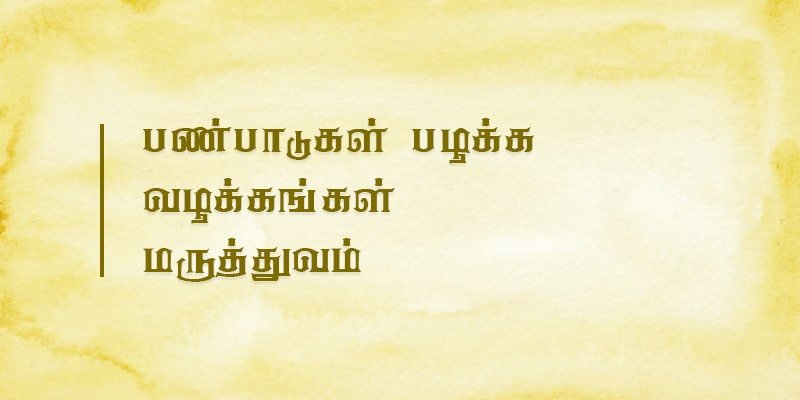95. The oath by the messengers of God.
Verses 3:81, 33:7. talk about the oath undertaken by all the messengers with God.
There are two opinions expressed regarding what the oath is about.
Most of the scholars maintain that the oath is about Prophet Muhammad would be the last and final of the messengers, and this should be accepted by all other messengers, and they should pledge their co-operation.
There is not any pretext found in this verse to believe that the oath is about Prophet Muhammad being the last prophet and expectation of co-operation from other messengers. The opinion of most of the scholars does not match the contents of these verses and seem to be the individual opinion of the scholars.
We need to comprehend the verses with the help of the words mentioned in them.
This verse speaks about all the prophets including Prophet Muhammad undertaking an oath.
And since Prophet Muhammad is also included in the covenant, this verse cannot be deemed to prophesize his advent.
It is not mentioned in the Quran as Allah saying, ‘We undertook a covenant with other messengers except you’ Thus it is doubtless, a covenant was undertaken with all the messengers including Prophet Muhammad.
We can understand what the covenant is about from the verse itself.
The covenant is “After receiving the scripture and knowledge from Me, and when another messenger comes you must cooperate and accept him”.
If the wording in this place were to be as ‘If a messenger came, then it would mean to prophesize the advent of a prophet, indicating the arrival of another messenger while the other is still alive.
I have appointed you as the messenger, this is not a reward for your work nor because of your qualifications, rather ‘it is My grant’, and on being granted prophethood do not assume that there will be no grievances for you. When you are the erstwhile messenger at the time, we send another one you must accept and co-operate and based on this condition you are granted this status is the message conveyed in this verse. The structure of the verse in itself confits this. If this is considered as a monition about Prophet Muhammad then we need to arrive at a conclusion that the messengers did not fulfill their covenant, “you must take him into confidence and co-operate and accept is the covenant”, but at the time of advent of Prophet Muhammad there was no messenger in this world, nor any to help him out.
From this it can be learnt that the proposition of most of the scholars are misplaced in this regard. “The status of prophethood is not granted as a reward for one’s work or talents in this world, but is because of my mercy, when I grant the same to another it should be accepted” (is the basis of the covenant.)
1.When he comes to you.
2.You must take him into confidence.
3.You must cooperate with him.
phrases clearly convey the same.
After a messenger was sent, there were others who followed suit to support him and were accepted by him can be seen mentioned in verse 36:14 of the Quran.
Because most of the scholars in this regard conveyed their imagination, the misled use this verse as a means to justify their misinformation about the Quran.
All the prevaricators who came after Prophet Muhammad, did not miss the opportunity to quote this verse to call themselves as messengers of God.
These people said that Allah has already mentioned to all the prophets including Prophet Muhammad about the advent of a messenger and that is I (the false prophet after Muhammad).
These false prophets do not mention and black out the word ‘Jaa akum’ which means ‘when a messenger comes to you’.
When a messenger is sent to an area where there is already one, he should be accepted by the previous one is the direct meaning conveyed in this message. How could this be construed as prophecy?
It is a fact this verse does not prophesize the advent of Prophet Muhammad nor anyone else.
95. The oath by the messengers of God.
Typography
- Smaller Small Medium Big Bigger
- Default Meera Catamaran Pavana
- Reading Mode
















